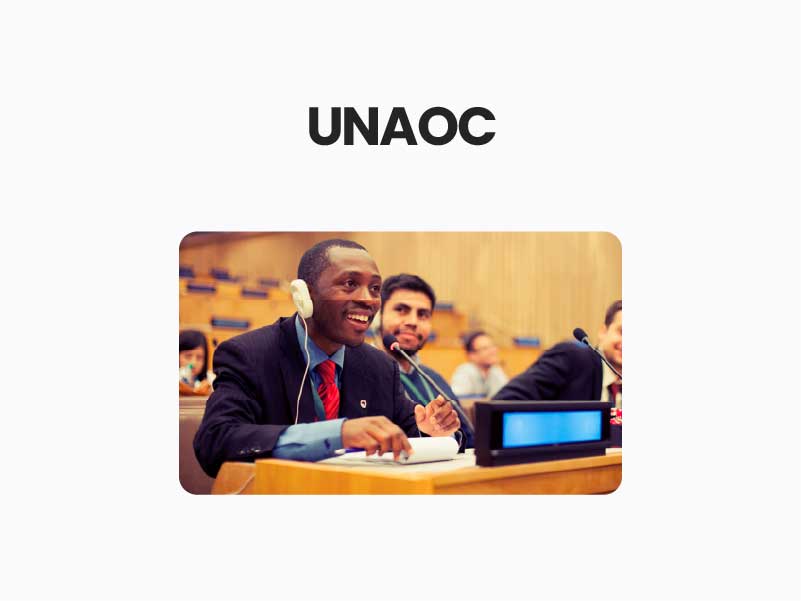Companion@360 → 7 Month programme to sharpen your writing skills → REGISTER NOW

The United Nations Alliance of Civilizations (UNAOC)
The Alliance maintains a global network of partners including states, international and regional organizations, civil society groups, foundations, and the private sector to improve cross-cultural relations between diverse nations and communities.
The United Nations Alliance of Civilizations High Representative and Secretariat are based and operating from New York.
- It was established in 2005, as the political initiative of Mr. Kofi Annan, former UN Secretary-General and co-sponsored by the Governments of Spain and Turkey.
- India said the UNGA statement welcomed the Kartarpur Gurdwara corridor agreement between India and Pakistan, but failed to note that Pakistan’s government has taken over the management of the Sikh shrine, which it called a contravention of the agreement and a violation of Sikh beliefs.
- India asked the United Nations to recognise violence being meted out against religious minorities such as Hinduism, Buddhism, Jainism and Sikhism, and not just those pertaining to the three large Abrahamic religions of Judaism, Christianity and Islam.
India –UNAOC:
- India pointed out that previous resolutions of the UNAOC dating back to 2006 had repeatedly decried the hatred against those religions “Islamophobia, Christianophobia and anti-Semitism”
- However, the body didn’t condemn attacks on other religious groups including Hindus, Sikhs and Buddhists, who have suffered terror strikes and seen their shrines destroyed in Afghanistan and Pakistan.
- The UNGA statement welcomed the Kartarpur Gurdwara corridor agreement between India and Pakistan.
- The world body failed to note that Pakistan’s government has taken over the management of the Sikh shrine, which it called a contravention of the agreement and a violation of Sikh beliefs.
- India’s delegate also accused Pakistan of a “culture of hatred” against “religions in India” and fostering cross-border terrorism.
- UNAOC only serves to further the theory of an inevitable “clash of civilisations”.
- UNAOC portrays only three religions as victims of religious hatred.
- It is important that they are broadened to include every community that faces religion-based violence.
- It is also important that the government thwarts Pakistan’s particularly insidious attempts to create a controversy against India at this time, by pushing these resolutions as India steps to take its two-year seat at the UN Security Council.
- India has been concerned by an increase in intrusive language from the UN bodies concerned as well, given that UNAOC issued a statement of “grave concern” over the Delhi riots this year that it said resulted in casualties of “mostly Muslims”.
- India is keen to push back on the UNAOC and other UN arms, like the UN Human Rights Council, that have criticised the Citizenship (Amendment) Act.
Way forward:
- The Indian government must be careful about ensuring that in exposing the UN’s “selectivity” it doesn’t leave scope for a counter-charge against India.
- For example, the Citizenship (Amendment) Act has been criticised for offering fast-track citizenship to only a select group of religions, leaving out Muslims.
- India cannot call for a culture of peace while Indian States bring laws that seek to make difficult inter-faith marriages.
- In all, India’s stance against the UN bodies gains force from its own secular credentials enshrined in the Constitution.
- It is high time that India preserves its own secular ideals and pluralistic ethos.
